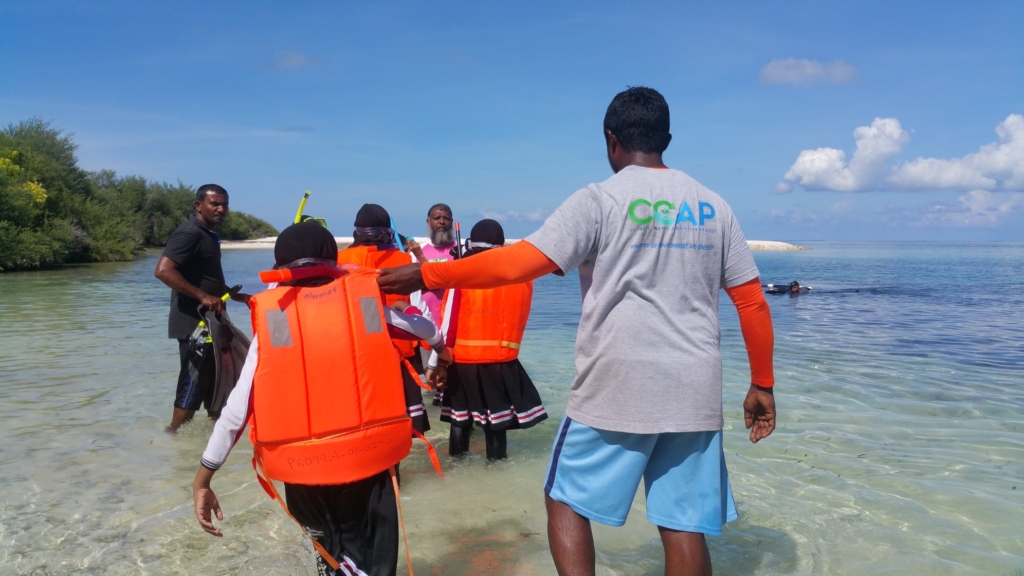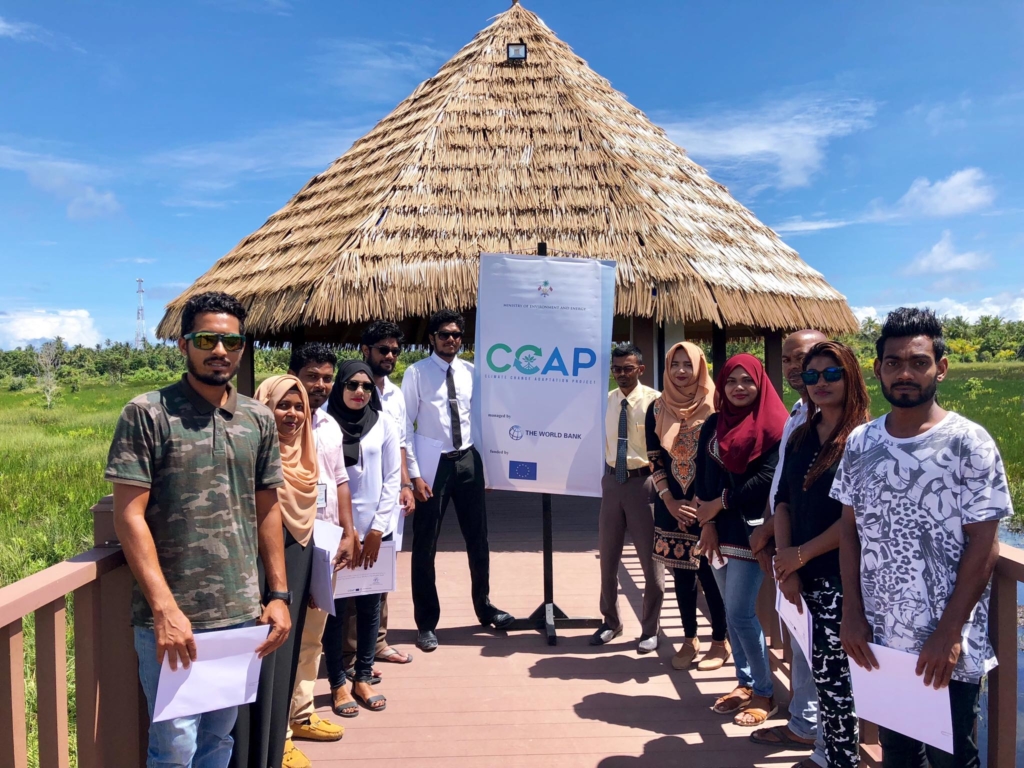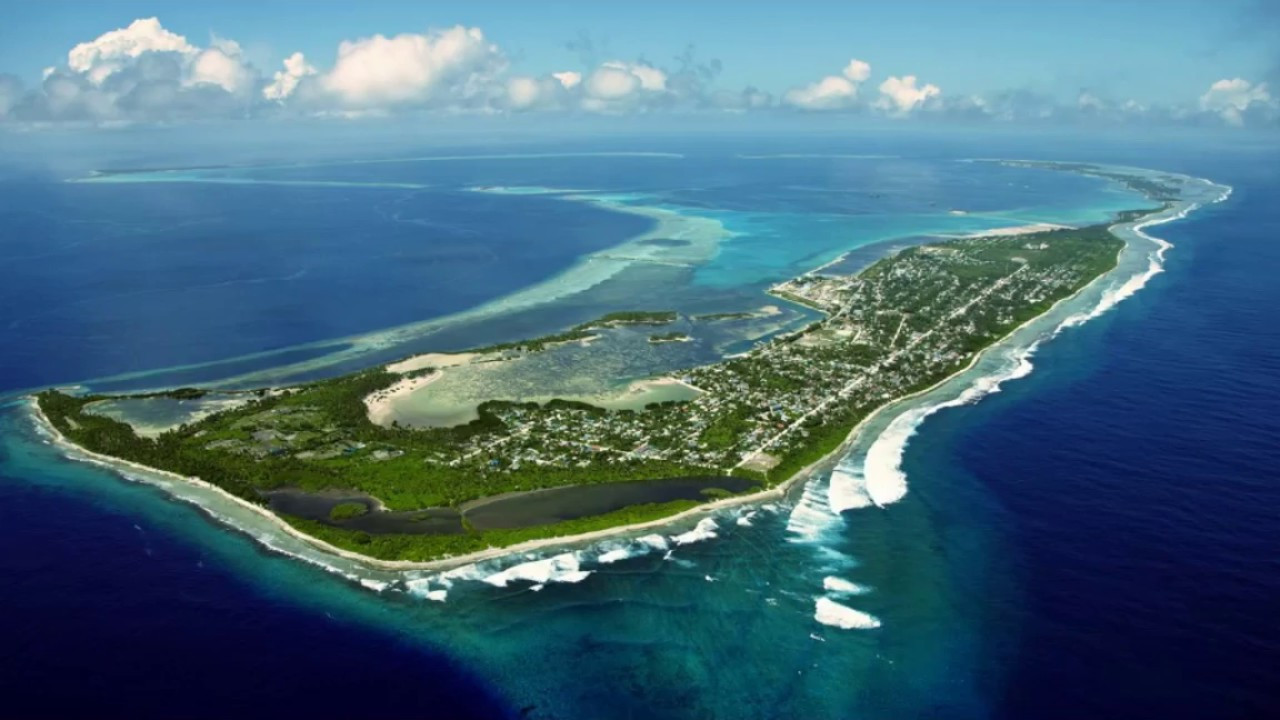As the government of Maldives celebrates the two southern most cities, Addu and Fuvahmulah being designated as UNESCO Biosphere Reserves, major contributors of making the dossier successful have been omitted in the list of donors and contributors.
According to information received by ‘Times of Addu’, the Climate Change Trust Fund project of which the main donors were Australia’s Department of Foreign Affairs (Australian Aid) and the European Union and was managed by the World Bank contributed to almost 75% of the work done for Addu and Fuvahmulah to be declared as UNESCO Biosphere Reserves.
This was through the Climate Change Adaptation Protect (CCAP), which was implemented from 2012 to 2018, which saw the establishment of protecting areas within both cities through a system, which has now taken the form of Addu Nature Park and Fuvahmulah Nature Park. The initial paper parks were converted to nature parks with rangers and eco-tourism infrastructures, along with recreational facilities.

Despite this, the donors and the entire CCAP project was not recognized by the Ministry of Environment of Maldives during the 32nd session of the UNESCO International Coordinating Council of the Man and Biosphere Program, during which Addu and Fuvahmulah were declared as Biosphere Reserves, or any of the promotional content published by the government. This, being noticed by the Mayor of Addu City Abdullah Sodiq, it was even highlighted during a virtual press conference which was held later on Wednesday evening.
Both Addu and Fuvahmulah are home to a diverse variety of ecosystems and habitats ranging from wetlands, fresh water lakes, marshlands as well as multicolored coral reefs and underwater biodiversity. Among this, Fuvahmulah, the single largest natural island, is known for its two large wetlands, Bandaara Kilhi and Dhadimagi Kilhi, along with the infamous Thoondu beach and dense vegetation within the island.

The heart shaped Addu City at the tip of the country, just below the equator is also home to one of the largest wetlands in the entire country – the Eedhigali Kilhi, which is home to hundreds of migratory birds every year. The city also is home to the White Tern, which until fairly recently was only found in the islands of the city.
Nature Parks have been developed in both cities to give better access to the areas for locals and tourists to enjoy and learn more about nature, while conserving the natural existence of the resources sustainably. Among these include boardwalks, canoeing points, walk trails and snorkeling points.
Biosphere Reserves include terrestrial, marine and coastal ecosystems, all classified into three main components – core area, buffer zones, and transitional zones. It is within these zones as man is to co exist with nature will enhancing, learning and protecting the area, while ensuring sustainability in eco-friendly development.





